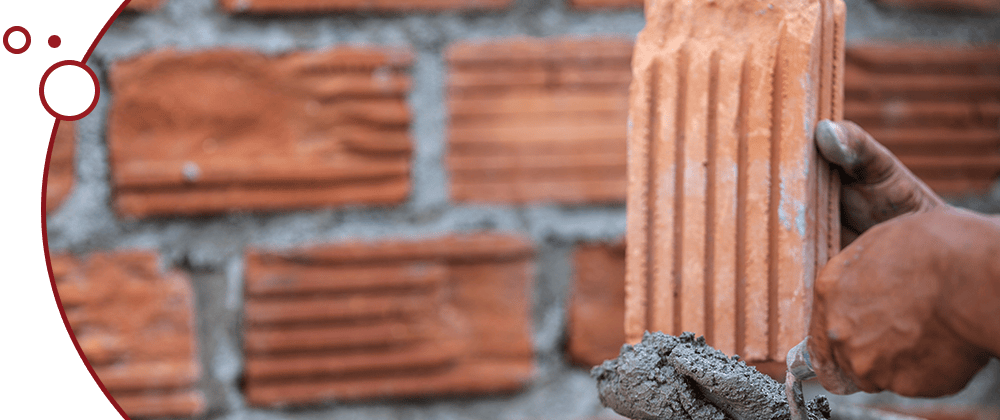
Repointing brick steps is an essential task for maintaining the structural integrity and aesthetic appeal of your home. Over time, brick steps can suffer from wear and tear due to weather conditions, leading to the deterioration of mortar joints. The process of repointing involves removing old, damaged mortar and replacing it with new mortar to ensure stability and longevity.
Table of Contents
Understanding the Importance of Repointing Brick Steps
Repointing is not just about cosmetic repairs; it’s crucial for the safety and durability of your brick steps. Old, cracked, and loose mortar can lead to water seepage, which further damages the bricks and the structure of your steps. Proper repointing helps prevent these issues, maintaining the steps’ functionality and appearance.
Identifying the Need for Repointing
Before you start the repointing process, it’s important to assess the condition of your brick steps. Look for signs of wear, such as cracked, loose, or missing mortar. These are clear indicators that repointing is necessary.
Choosing the Right Mortar
The choice of mortar is critical in repointing. As noted earlier, mortar types differ in their hardness and flexibility. For brick steps, a Type N mortar is recommended. It is less rigid than Type S or M, allowing for the natural expansion and contraction of bricks due to temperature changes.
Steps for Repointing Brick Steps
- Preparation: Start by cutting out all the masonry joints with a grinder, removing the mortar to a depth of about ¾ inch. Utilize a masonry grinder with a vacuum attachment to minimize dust.
- Horizontal Joints First: Begin with the horizontal lines. This approach helps in creating a pocket, preventing the blade from cutting into the brick when you move on to vertical joints.
- Mixing the Mortar: Mix the Type N mortar, ensuring it’s slightly wetter for easier application if using a grout bag. Add water gradually to achieve the right consistency.
- Filling the Joints: Use a grout bag to fill the joints with the mixed mortar, similar to icing a cake. A pointing trowel is then used to press the mortar into the joints, customized for the width between the bricks.
- Finishing Touches: After filling, use a flat jointer to press and seal the mortar into the joints. Finish by lightly brushing off excess mortar and smoothing the joints for a weatherproof seal.
- Avoiding Water Sealant: It’s advisable not to water seal horizontal surfaces, as this can lead to slippery conditions, especially in winter.
Expert Tips for Successful Repointing
- Always wear safety gear, including gloves and a dust mask.
- Choose a dry, mild day for repointing to ensure the mortar sets properly.
- Be patient and meticulous for the best results.
FAQs:
What is repointing brick steps?
- Repointing brick steps involves removing old mortar from the joints between bricks and replacing it with new mortar to restore the steps’ stability and appearance.
Why is Type N mortar recommended for repointing brick steps?
- Type N mortar is preferred for its balance of strength and flexibility, accommodating the natural expansion and contraction of bricks.
How often should brick steps be repointed?
- The frequency of repointing depends on the condition of the mortar. In general, it is advisable to repoint every 15-20 years to ensure the structural integrity and longevity of the masonry.
Can I repoint brick steps myself?
- Yes, with the right tools and knowledge, you can undertake repointing as a DIY project.
Is it necessary to water seal repointed brick steps?
- No, it’s recommended to avoid water-sealing horizontal surfaces to prevent slippery conditions.
By adhering to these guidelines and following the steps provided, you can effectively repoint your brick steps. This ensures not only their safety and functionality but also maintains their visual appeal for years to come.


